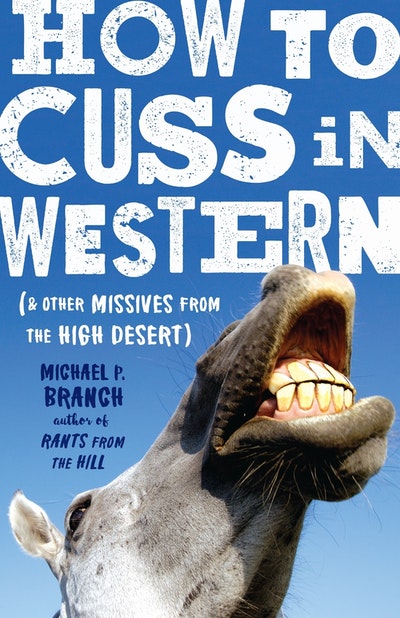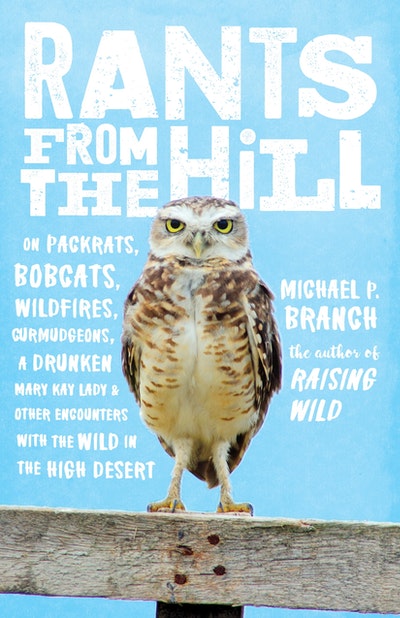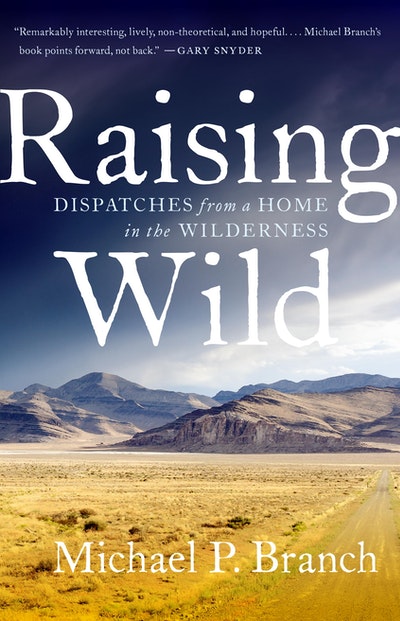- Published: 28 August 2018
- ISBN: 9781611804614
- Imprint: Roost Books
- Format: Paperback
- Pages: 224
- RRP: $29.99
How to Cuss in Western
And Other Missives from the High Desert
- Published: 28 August 2018
- ISBN: 9781611804614
- Imprint: Roost Books
- Format: Paperback
- Pages: 224
- RRP: $29.99
“It’s not easy to live in the high desert of the American West—it requires an eye for the sparest sort of natural beauty, a robust sense of humor that can help one weather the inevitable indignities and hardships that accompany life in such a landscape, and, yes, even a special class of regionally-inflected swear words. In How to Cuss in Western, Michael P. Branch once again offers his readers a companionable journey into the remote places he loves so we might share in the unique joy and humor he finds there.”--S. M. Hulse, author of Black River "Not long ago Mike Branch was a respected academic, one of the founders of ecocriticism, before he shed that old skin and emerged anew as a kind of Thoreau in Groucho glasses. That emergence has been a delight for readers, who find both laughter and wisdom in the words of this western ranter, perched high in his desert home in Nevada, up on Ranting Hill, where he worships a divine troika of family, humor, and place. In his always-engaging essays, we encounter sage and pronghorns, juniper and sandstone, but also garden gnomes, the art of wheel waving, casual strolls to California, Muppets, and a deep meditation on flatulence. A book that could proudly sit on any western shelf next to Austin’s or Abbey’s."--David Gessner, author of All the Wild That Remains




